Grossman and Grossman - Mesa Office

Overview
Grossman and Grossman - Mesa Office is a mental health treatment center for people seeking treatment near Maricopa County. As part of their treatment modalities for recovery, Grossman and Grossman - Mesa Office provides couples/family therapy, cognitive behavioral therapy, and dialectical behavior therapy during treatment. Grossman and Grossman - Mesa Office is located in Gilbert, Arizona, accepting cash or self-payment for treatment.
Grossman and Grossman - Mesa Office at a Glance
Payment Options
- Cash or self-payment
- Medicaid
- State-financed health insurance plan other than Medicaid
- State mental health agency (or equivalent) funds
- State welfare or child and family services funds
Assessments
- Comprehensive mental health assessment
- Comprehensive substance use assessment
Age Groups
- Seniors or older adults
- Young adults
- Children/adolescents
- Adults
- Seniors
Ancillary Services
- Court-ordered outpatient treatment
- Suicide prevention services
Highlights About Grossman and Grossman - Mesa Office
6.62/10
With an overall rating of 6.62/10, this facility has following balanced range of services. Alcohol Rehabilitation: 8.00/10, Drug Rehab and Detox: 6.00/10, Insurance and Payments: 6.00/10, Treatment Options: 6.49/10.-
Alcohol Rehabilitation 8.00
-
Treatment Options 6.49
-
Drug Rehab and Detox 6.00
-
Insurance and Payments 6.00
Treatment At Grossman and Grossman - Mesa Office
Treatment Conditions
- Alcoholism
- Mental health treatment
- Substance use treatment
- Co-occurring Disorders
Care Levels
- Outpatient
Treatment Modalities
- Couples/family therapy
- Cognitive behavioral therapy
- Dialectical behavior therapy
- Integrated Mental and Substance Use Disorder treatment
- Telemedicine/telehealth therapy
Ancillary Services
Languages
- Spanish
- Other languages (excluding Spanish)
- Korean
- Russian
Special Programs
- Clients with co-occurring mental and substance use disorders
- Clients who have experienced trauma
- Children/adolescents with serious emotional disturbance (SED)
- Persons 18 and older with serious mental illness (SMI)
- Persons with post-traumatic stress disorder (PTSD)
Get Help Now
Common Questions About Grossman and Grossman - Mesa Office
Contact Information
Other Facilities in Gilbert

7.23
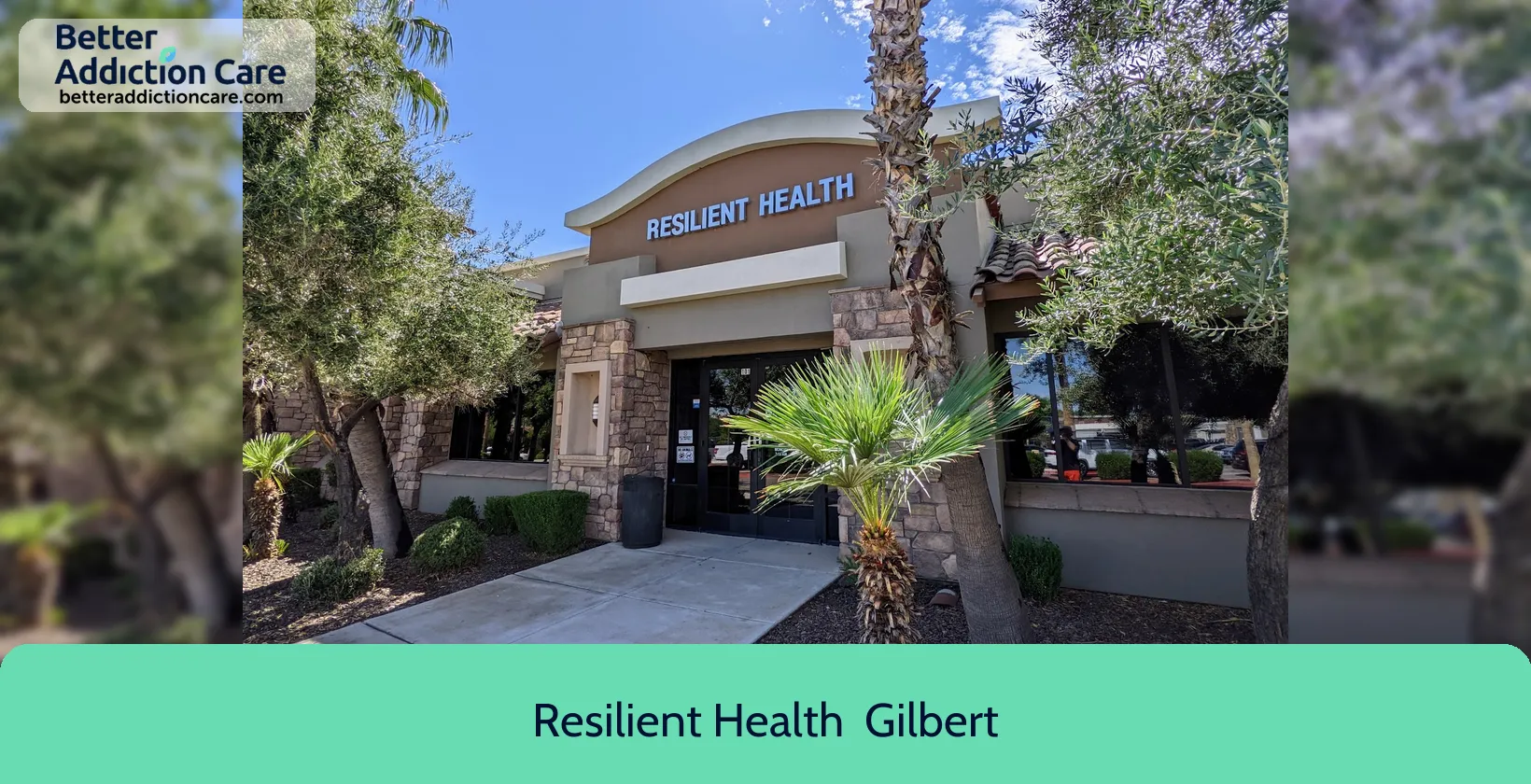
6.71
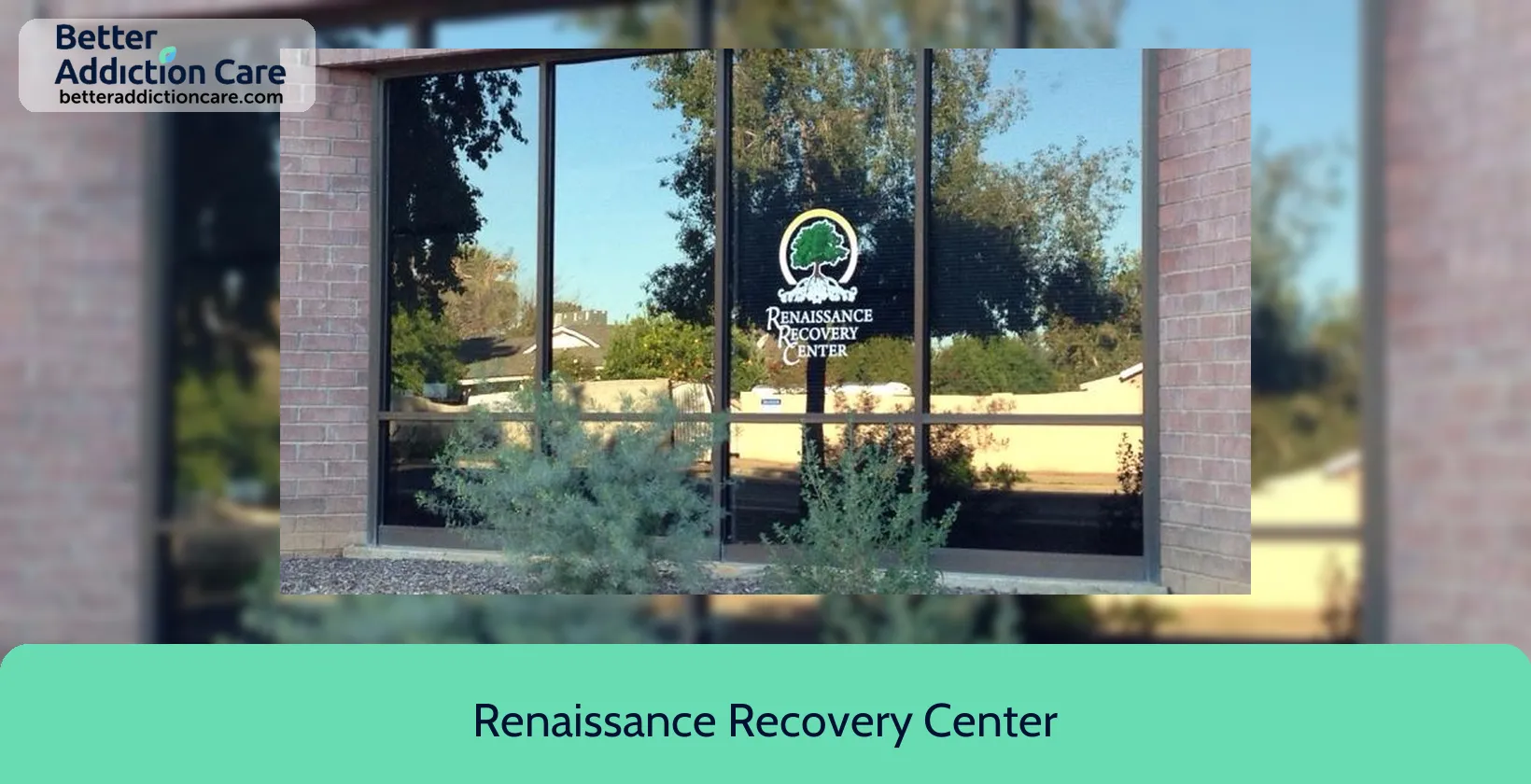
6.99
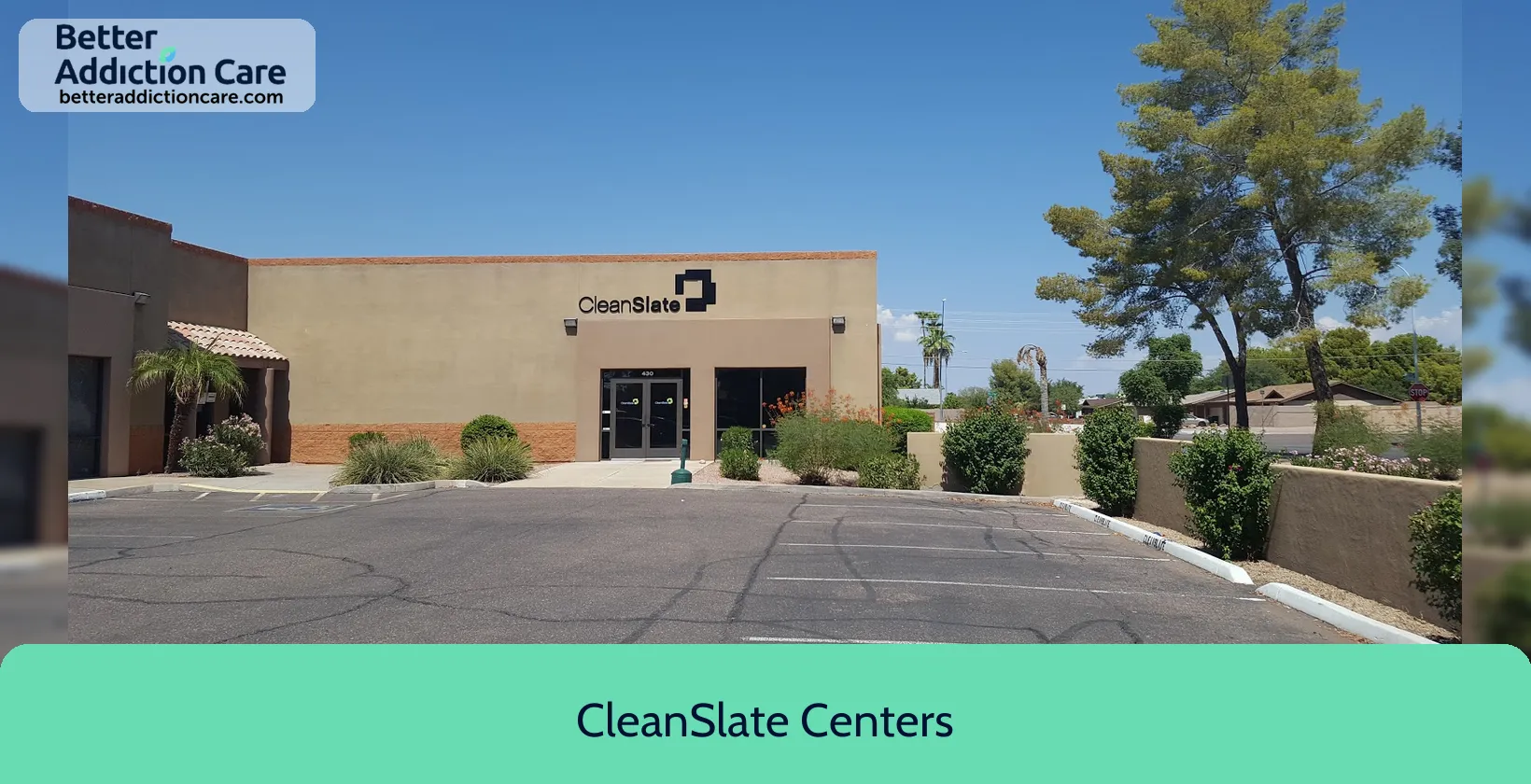
6.88
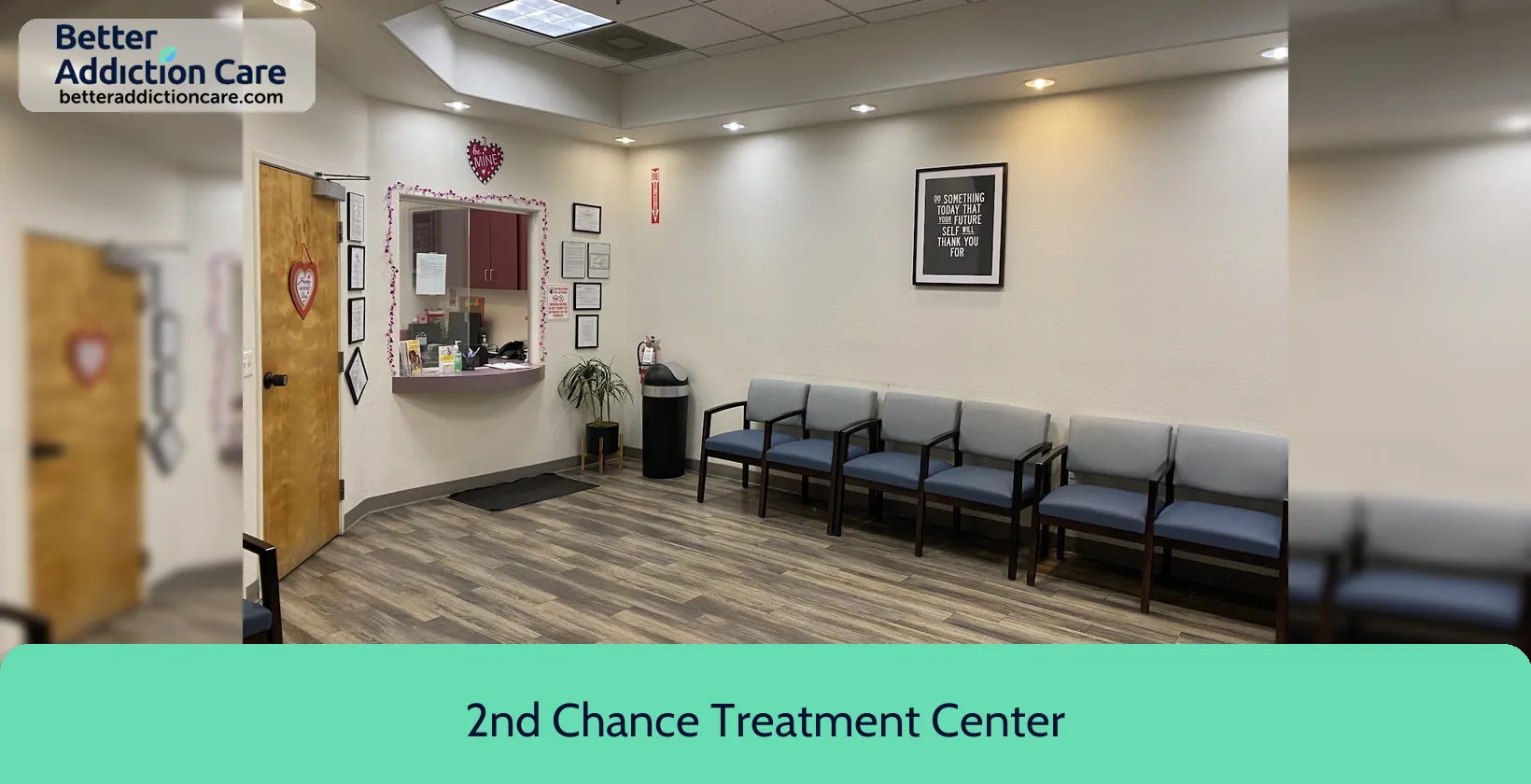
7.02
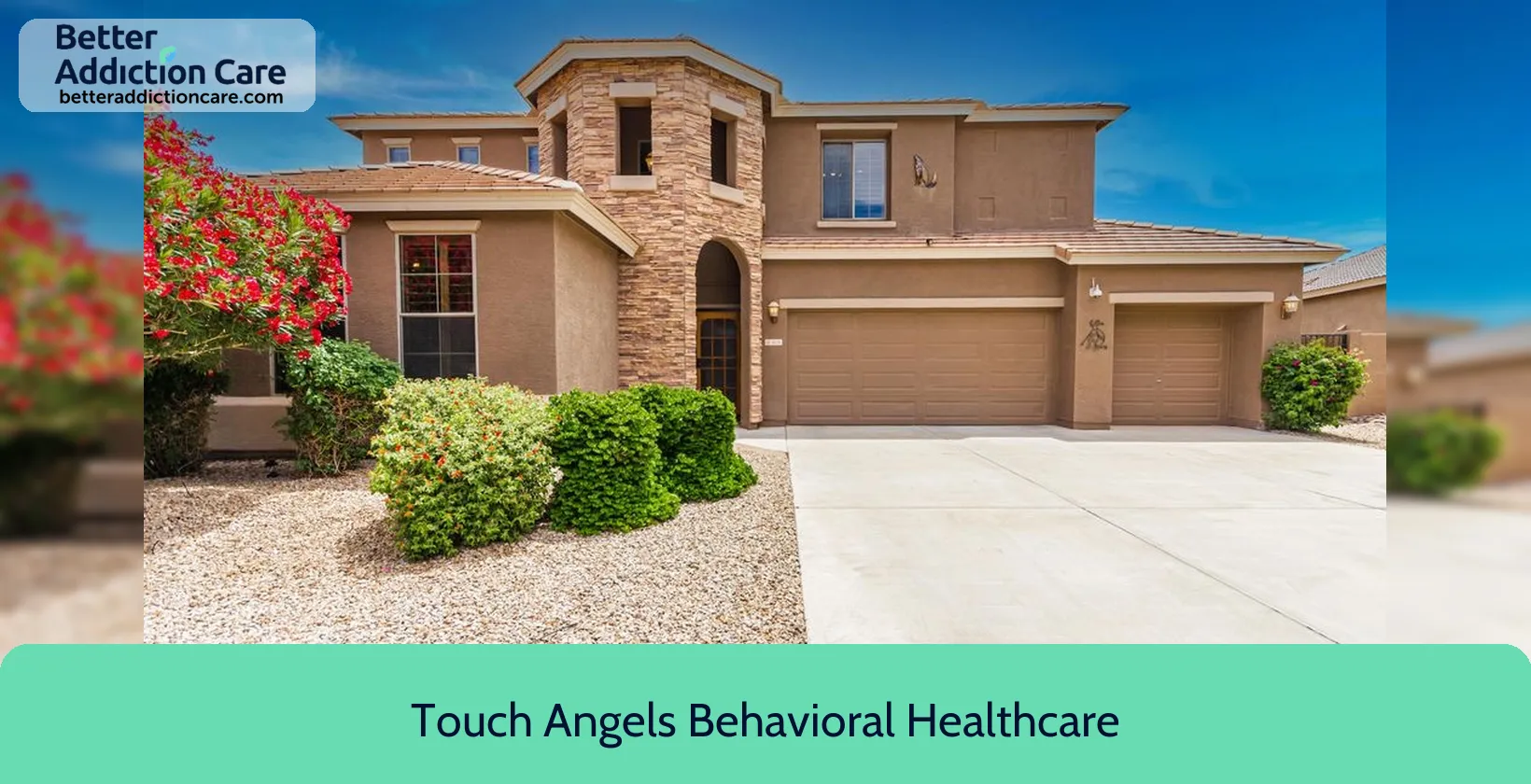
7.40
DISCLAIMER: The facility name, logo and brand are the property and registered trademarks of Touch Angels Behavioral Healthcare, and are being used for identification and informational purposes only. Use of these names, logos and brands shall not imply endorsement. BetterAddictionCare.com is not affiliated with or sponsored by Touch Angels Behavioral Healthcare.
